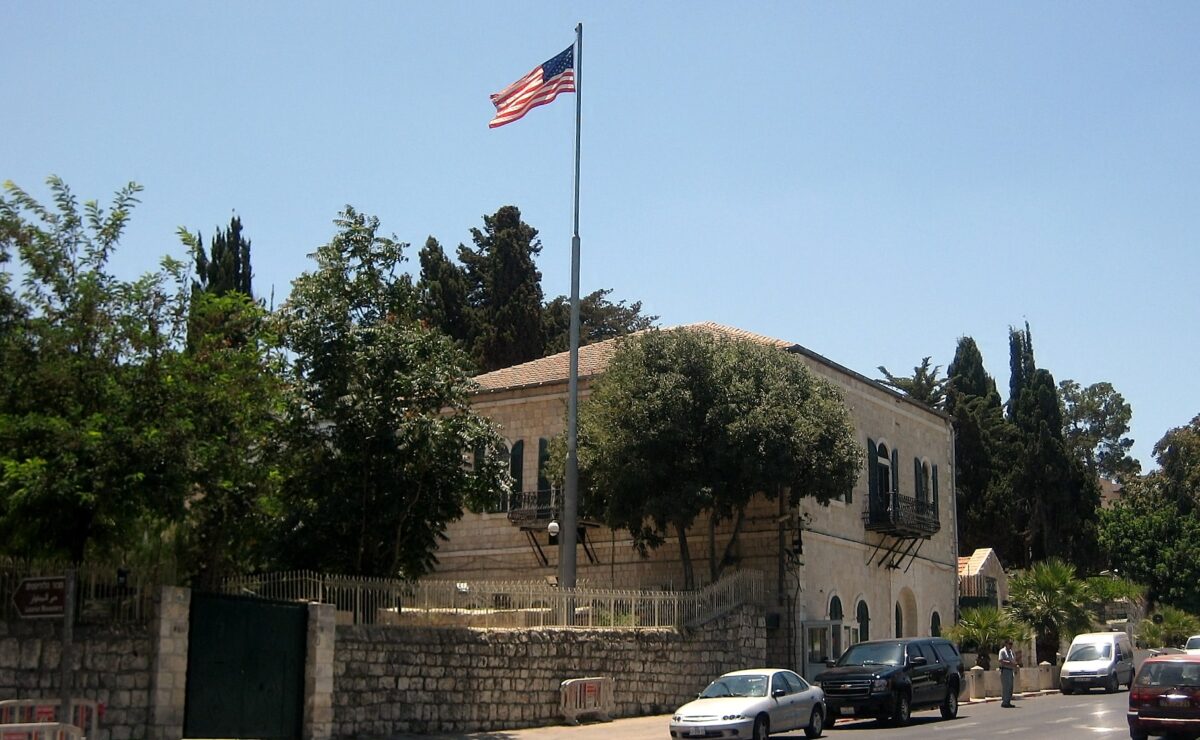Israel and its chief ally, the United States, appear to be on a collision course over Washington’s plan to reopen its consulate in Jerusalem.
U.S. Secretary State Antony Blinken announced the decision on May 25 following a meeting with the president of the Palestinian Authority, Mahmoud Abbas, in Ramallah. Blinken described it as a measure to “engage with and provide support for the Palestinian people.”
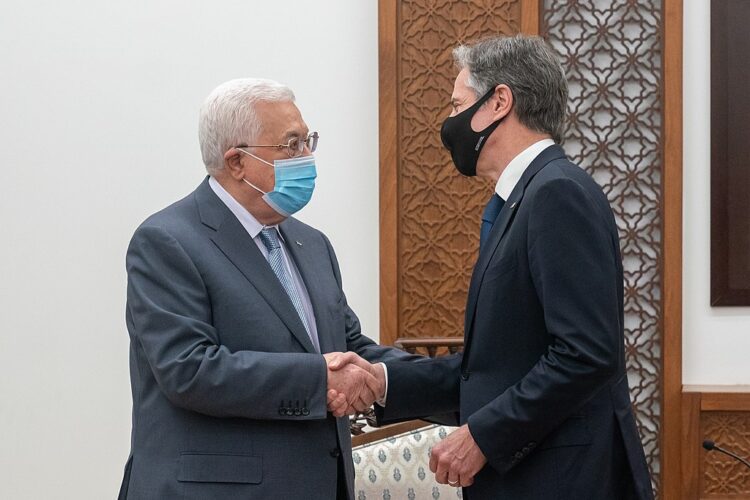
The prime minister of the Palestinian Authority, Mohammed Shtayyeh, was pleased by Blinken’s announcement, saying he regarded the consulate as “the future American embassy to the state of Palestine.”
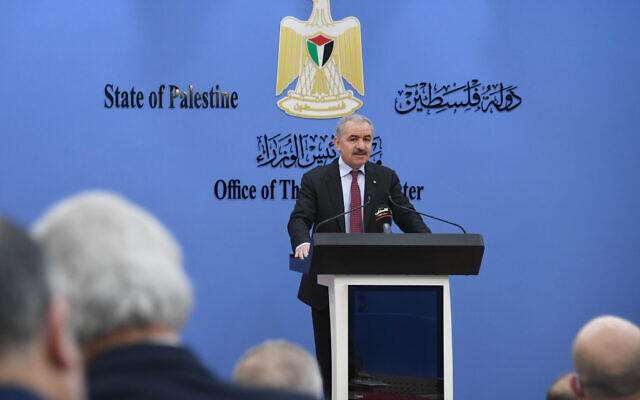
U.S. President Joe Biden reaffirmed Blinken’s statement on August 28 during talks with Israeli Prime Minister Naftali Bennett at the White House.
On September 3, State Department spokesman Ned Price said the United States had every intension of fulfilling Blinken’s promise to the Palestinians.
According to reports, the Biden administration will reopen the consulate, located in West Jerusalem, once Bennett’s coalition government is on a firmer footing. Biden does not want to destabilize his government and bring about the inadvertent return of his predecessor, Benjamin Netanyahu, to power.
Regardless of the U.S. timing, Israel is unequivocally opposed to the presence of an American consulate in Jerusalem. Since its annexation of East Jerusalem in 1967, Israel has regarded Jerusalem as its “undivided capital.” As Bennett said recently, “Jerusalem is the capital of Israel. It’s not the capital of other nations.”
Israeli Foreign Minister Yair Lapid made the same point last month. “We think it’s a bad idea and we’ve told America it’s a bad idea,” he said. The reopening of the consulate “will send the wrong message, not only to the region, not only to the Palestinians, but also to other countries, and we don’t want this to happen,” he added.
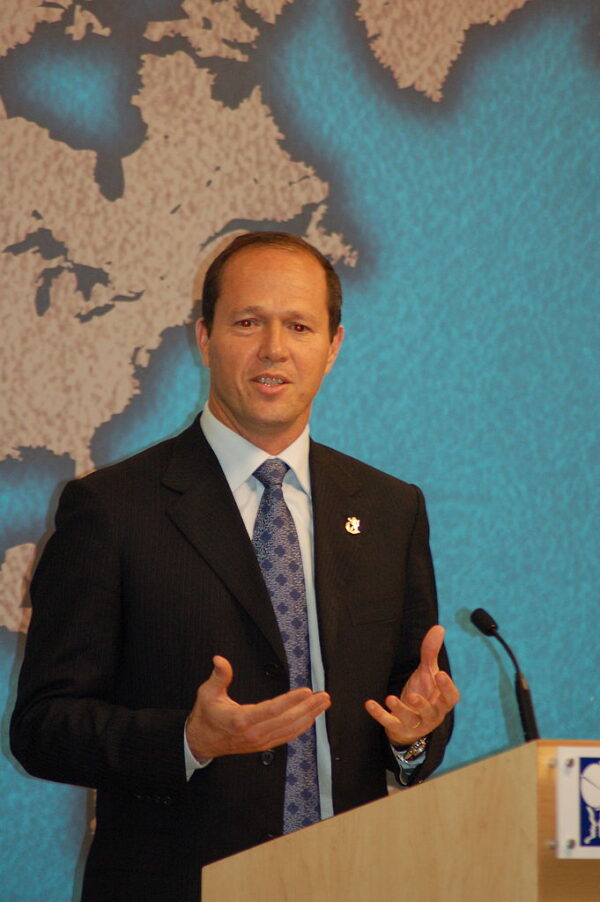
Nir Barkat, a Likud Party member of the Knesset and the former mayor of Jerusalem, spent a day in Washington recently lobbying against the reopening of the U.S. diplomatic mission in Jerusalem.
Expressing “deep concern” over U.S. policy, Barkat said it would imply American approval of the Palestinian claim to East Jerusalem as the capital of a future Palestinian state. “They want to divide the city of Jerusalem,” he said in a reference to the Palestinians. “This is not something we accept.”
Barkat visited Washington shortly after four U.S. senators from the Democratic Party — Chris Murphy, Chris Van Hollen, Jon Ossoff and Richard Blumenthal — voiced support for reopening the consulate during a meeting with Bennett in Jerusalem.
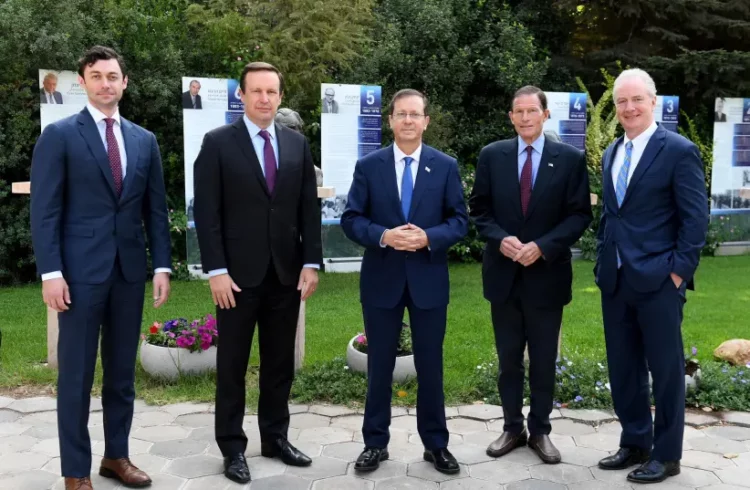
As Murphy tweeted, “We stressed the importance we place on reopening our consulate in Jerusalem to better serve Palestinians. This consulate was open for over 100 years before being cruelly shuttered by President Trump.”
Writing on Twitter, Van Hollen said that Biden intends to “keep his word, follow through, and reverse Trump’s harmful decision.”
President Donald Trump closed the consulate in 2019 after recognizing Jerusalem as Israel’s capital and moving the U.S. embassy in Tel Aviv to Jerusalem. After being renamed the Palestinian Affairs Unit, it was folded into the American embassy.
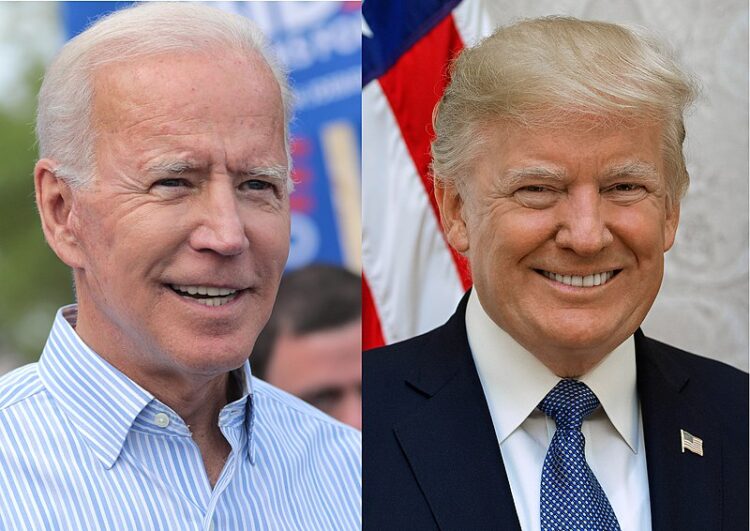
The Trump administration described the closure as an efficiency measure, but it was seen by the Palestinians as a slap in the face.
From the 1967 Six Day War onward, the consulate served as the de facto U.S. embassy to the Palestinians in East Jerusalem, the West Bank and the Gaza Strip. Until 2019, it was independent of the U.S. embassy in Israel and reported directly to the State Department in Washington.
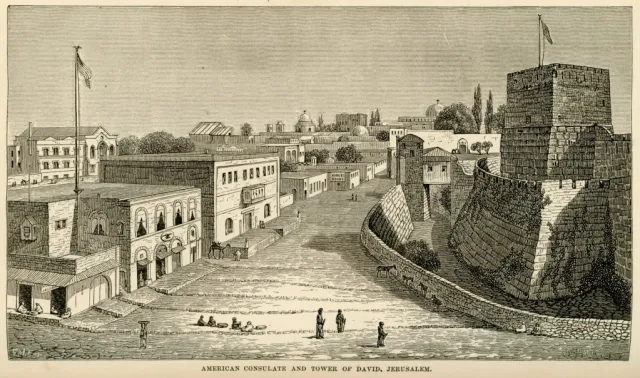
Located on Agron Street, it was established in 1844 to provide “humanitarian and legal assistance to Americans in the Holy Land and to protect minorities against discriminatory Ottoman practices.” Its primary role was to provide consular services to Jews and Christian missionaries in Palestine, a province of the Ottoman Empire.
After the birth of Israel in 1948, Jerusalem became two separate cities — West Jerusalem and East Jerusalem. Jordan controlled the eastern sector, including the historic Jewish Quarter, and Israeli visitors were banned. Israel moved its capital from Tel Aviv to Western Jerusalem in 1950.
Although the United States immediately recognized Israel after its declaration of statehood in 1948, it did not recognize Israel’s sovereignty over any part of Jerusalem and opened its embassy in Tel Aviv. In keeping with the United Nations 1947 Palestine partition scheme, Washington’s position was that Jerusalem should be internationalized.
Even after Israel conquered East Jerusalem in the Six Day War, the United States declined to recognize its sovereignty in the city, saying its final status should be determined by diplomacy.
This was Washington’s unwavering position until Trump broke the mould by recognizing Israel’s claim to Jerusalem, moving its embassy to Jerusalem and closing its consulate in the city.
The Biden administration has no intention of moving the U.S. embassy back to Tel Aviv, but seems determined to reopen its consulate in Jerusalem. This will undoubtedly cause tension between Israel and the United States.
